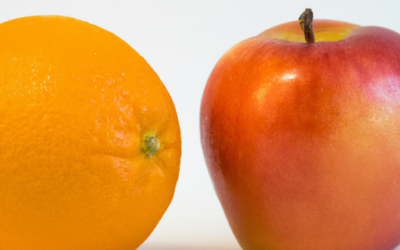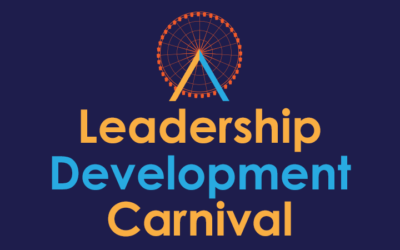Title: Are girls good at math?
Study: Debunking Myth about Gender and Mathematics Performance (Jonathan Kane and Janet E. Mertz, 2011)
Finding: The gender differences in math scores correlate to the degree to which women and men are treated equally in a culture, suggesting that women’s “inability” in a function of cultural belief more than actual ability.
InPower Insight: If we believe women and men at equally good at math (and related analytical skills), they will be.
Summary:
The debate about whether the “popular wisdom” that “girls are bad a math” has been questioned in recent years and these researchers decided to look at the issue more closely. In this global study, they found a tight correlation between girl’s math scores and the gender equity in the culture, measured by the economic participation, education and empowerment of women.
In nations where more gender equity exists, the gender gap in math skills is smaller. However, as the gender equity gap increased in several countries so did the gender gap in math skills. One of the social factors that could be contributing to the gender gap is the very pervasive stereotype that women cannot perform math well. The study also found that certain teaching styles which exacerbated gender differences also correlated with gender gaps in testing scores. According to the report, these stereotypes produce self-fulfilling prophecies that discourage women from advancing in math and science careers.
Based on this data the researchers believe that variability in math scores between boys and girls is not a function of innate ability, but of socio-cultural factors.
Personal Coaching Tip: How often do you find yourself saying “women (or men) are good at ________, but we’re not good at ________”? When it comes to mathematical ability, these stereotypes you find yourself repeating may be more a cultural myth than a intellectual fact. Challenge yourself not to say “women are ____” and “men are ____” and remain open to the possibilities that we are all capable of more than our cultural stories tell us we are. What cultural “wisdom” do you believe that doesn’t serve you? How do you let these cultural stories limit your understanding of what you’re good at what you’re not? The power of belief is strong, so change your beliefs and tap into new power.






